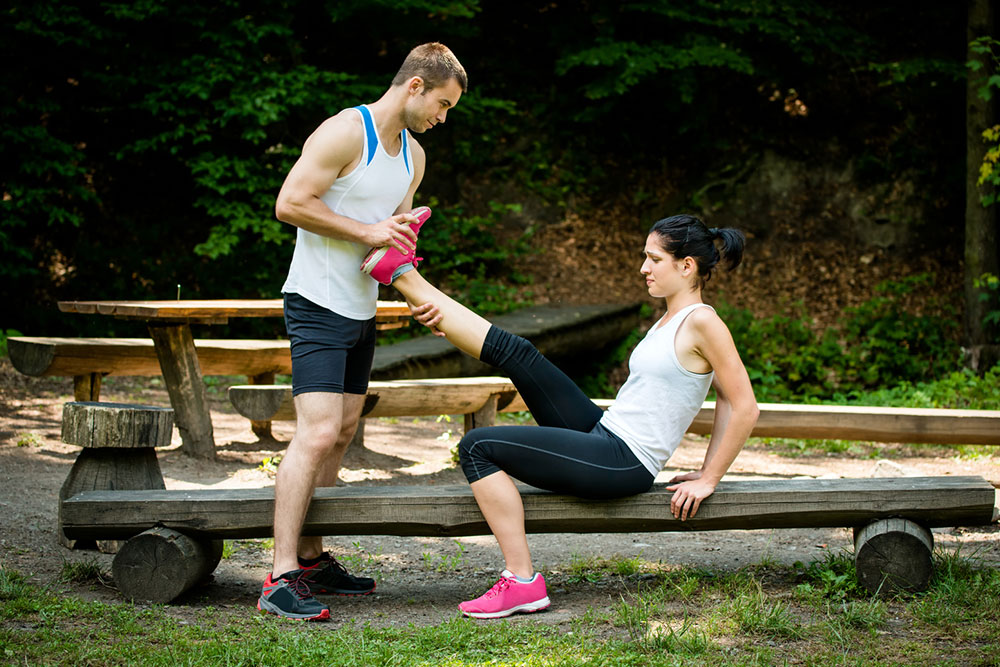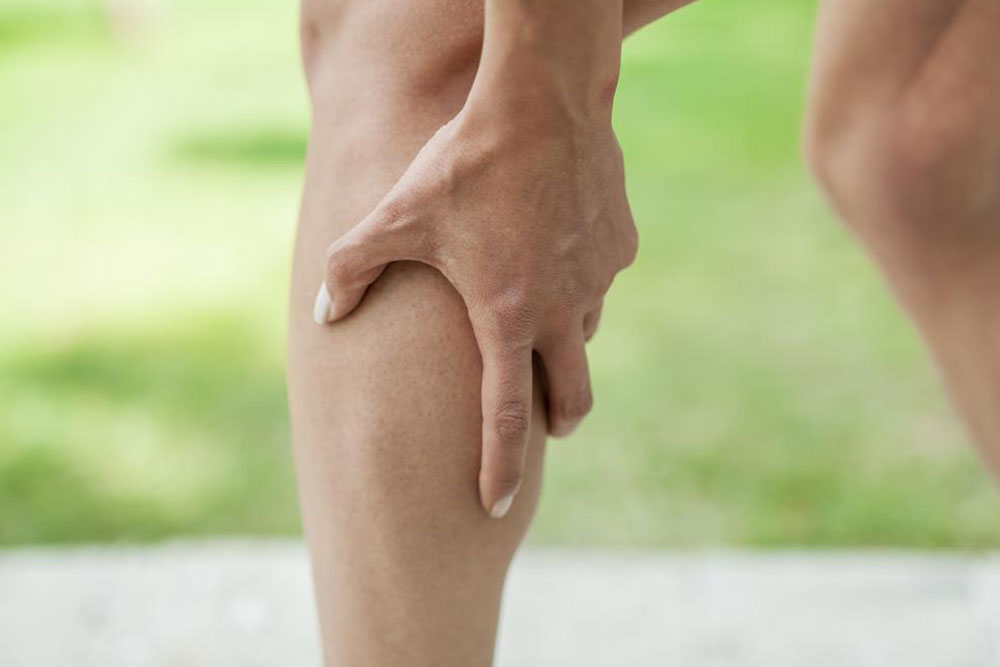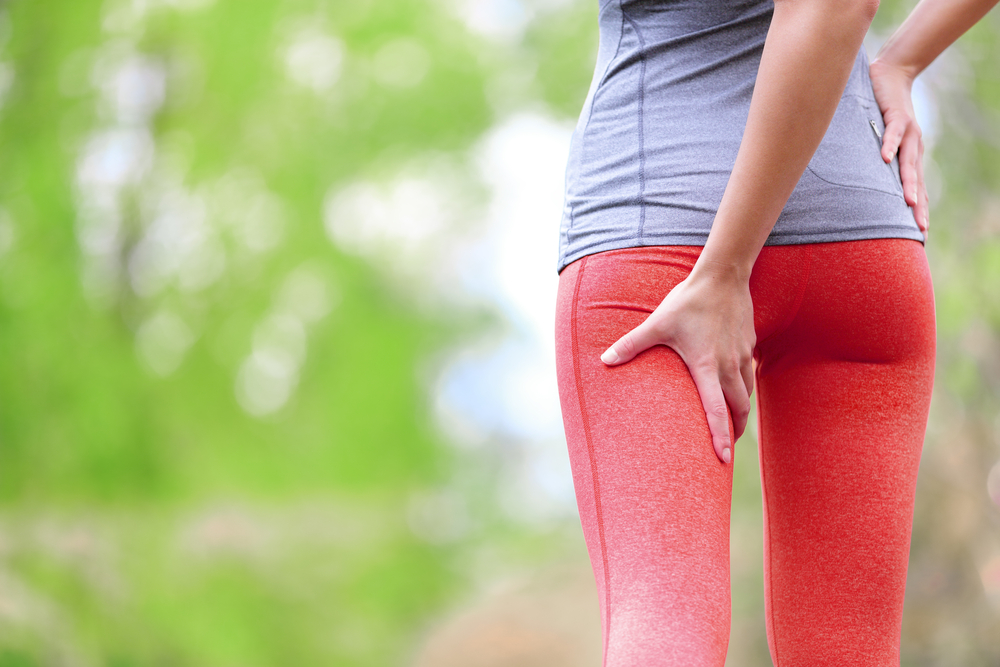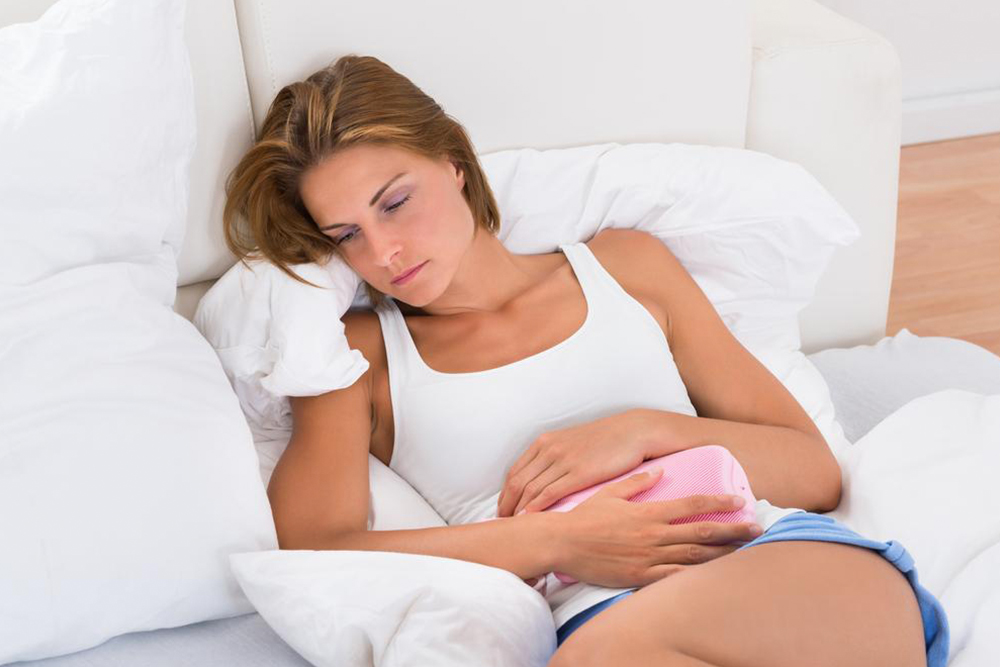Understanding Muscle Cramps: Causes and Effective Remedies
Learn about muscle cramps, their causes, symptoms, and effective treatment strategies. This guide covers home remedies like stretching, cold or heat therapy, and preventive tips to reduce recurrence. Understanding triggers such as dehydration and electrolyte imbalance helps in managing spasms effectively, whether they occur during activity or at rest. Seek medical advice for persistent or severe cramps to ensure proper diagnosis and treatment.
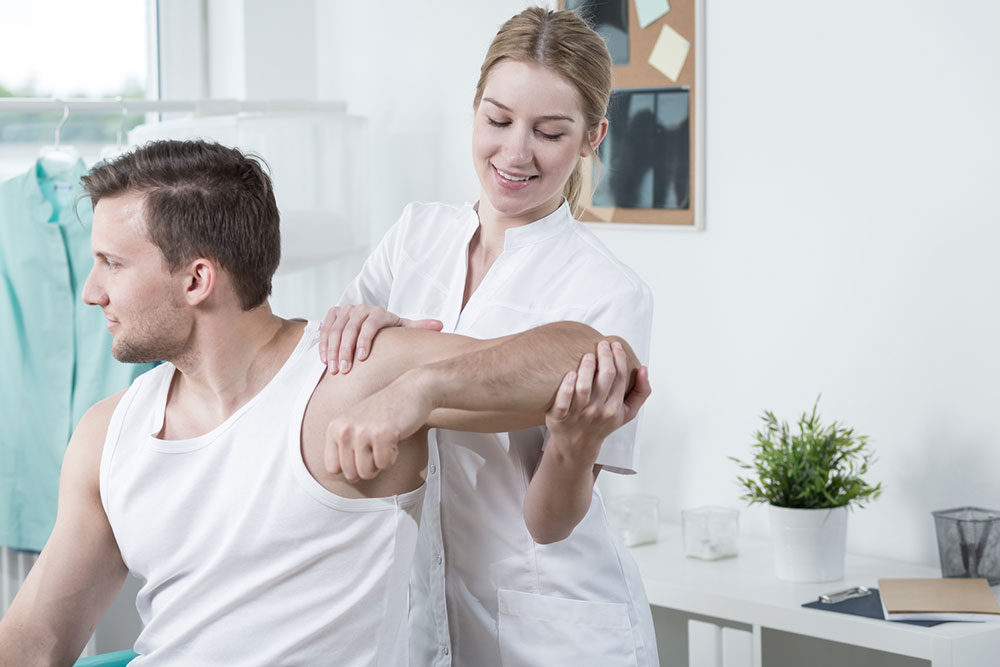
Understanding Muscle Cramps: Causes and Effective Remedies
Muscle cramps, or involuntary muscle contractions, can strike unexpectedly and cause significant discomfort. These spasms may resolve on their own, but persistent or intense cramps require medical evaluation, as they could indicate underlying health issues. Commonly affecting areas such as the calves, thighs, feet, hands, or abdomen, muscle cramps can vary from mild twitches to debilitating pain that lasts from seconds to several minutes.
Anyone can experience muscle cramps, regardless of age or activity level. They often occur during exercise, at rest, or during sleep, especially among athletes or active individuals. The precise cause remains uncertain, but factors like dehydration, electrolyte imbalances, fatigue, and heat exposure are known contributors.
Muscle cramps can range from minor twitches to severe pain that causes muscle sensitivity and visible distortion. The duration varies from a few seconds to over 20 minutes, with frequent recurrences in some cases. Factors like dehydration, electrolyte imbalance, overexertion, and exercising in high temperatures can trigger cramps. Heat causes excessive sweating, leading to loss of fluids and vital minerals, increasing the risk of spasms.
Managing Muscle Cramps
Home remedies such as stretching and massage help alleviate cramps. For calf cramps, gently putting weight on the affected leg, bending the knee slightly, or stretching the foot upward can provide relief. Standing on one leg and pulling the leg toward the buttocks helps with thigh spasms.
Applying heat or cold compresses offers additional comfort. A warm towel or heating pad wrapped in cloth can relax tense muscles, while ice packs wrapped in a cloth reduce inflammation and numb pain. Hydration, balanced electrolytes, and proper warm-up routines are vital to prevent future cramps.
Severe or persistent cramps may require medication as prescribed by a healthcare professional. Improving sleep quality and avoiding overexertion can also reduce nighttime spasms. Consistently stretching after workouts, maintaining good hydration, and avoiding activities that trigger cramps are key preventive strategies.
If cramps are ongoing or interfere with daily life, consult a doctor for accurate diagnosis and tailored treatment. Recognizing the triggers and adopting preventive measures are essential in managing muscle spasms effectively.

